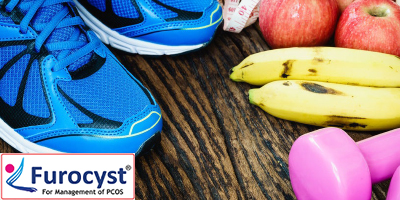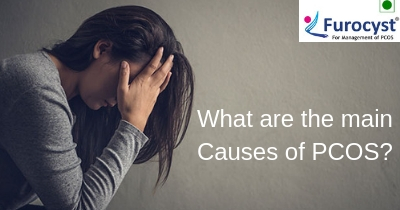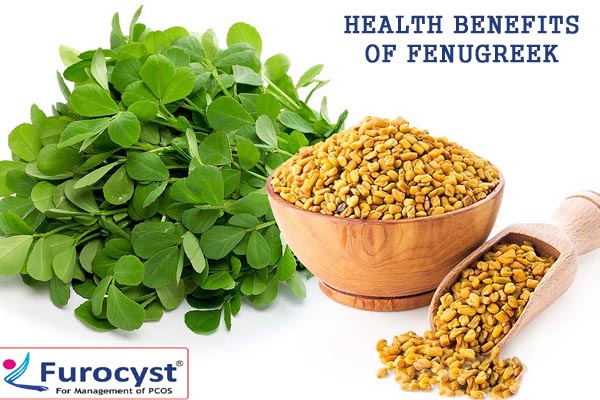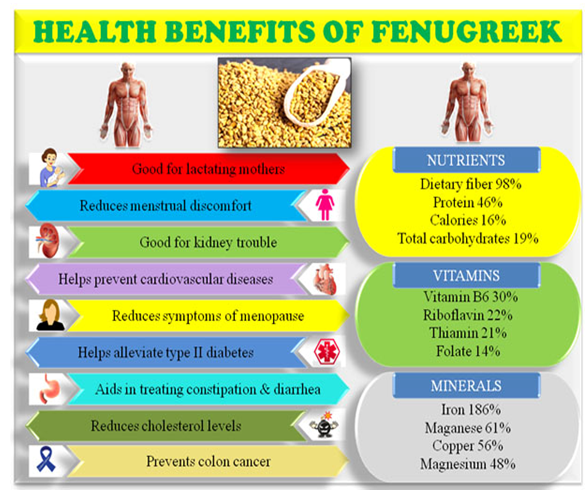They say if you want to understand some problem to Improve PCOS Symptoms, then first fathom its severity. That is why we are embracing this article with some core facts and figures of polycystic ovary syndrome which also popularly uttered as PCOS.
PCOS Cure
The most advanced and educated states like the U.S are more affected by this disease. Because around 5 million women or we can say that females who are in the childbearing stage, drastically suffer from PCOS.
And another fact says that over 50 percent of women who have PCOS, will have major diseases like diabetes before crossing the age of 40 and also acquire a greater risk of heart stroke, 4 to 7 percent.
And the last but not the least, and it is very astonishing too because only 50 or less than 50 percent of women are diagnosed, and the rest are still living their life in the worst condition with PCOS.
Mysticism about PCOS
Most of the women think that they are the only ones who are suffering from PCOS, but the fact is around 10 to 12 percent of women around the globe are suffering and annihilated by these diseases. And the worst part is that only 2 to 3 percent women from the overall percent take the path of medical treatment
What are the greater risk and problems of PCOS?
This is one of the harmful effects of PCOS. Type 2 diabetes is related to the condition where your body’s blood sugar level will go high.
2) High cholesterol and blood pressure
These are the main reasons for heart stroke and heart severe diseases.
3) Mood swings and depression
Certainly, the PCOS will make you a diffidence person and affect your mood too.
This one is one of the most severe and worst symptoms of PCOS because of breathing interruption while sleeping leads to asthma and to major diseases.
Can Diet and Exercise Actually Improve PCOS Symptoms?
So, the answer would be yes. We have seen that many severe diseases can be mitigated through proper diet and right exercises. That is why we are going to discuss the diet and useful exercise. It will help you to reduce the symptoms of PCOS.
Diets through which you can control and mitigate the PCOS symptoms
Lower glycemic index diet
The lower glycemic index diet is digested more slowly in comparison to other meals. And due to this, the level of insulin also doesn’t go high. This diet includes legumes, seeds, grains, nuts, starchy vegetables, fruits, low-carbohydrate meal, and much more unprocessed food.
Anti-inflammatory diet
As the name suggests, this meal helps to control inflammation. Meal includes meal like fatty fish, berries, and leafy greens and many more.
DASH diet
If you are taking treatment from a health expert or doctor, then he/she will recommend the dietary approaches to stop hypertension. It manages the PCOS symptoms. This diet includes fruits, fish, poultry, low-fat dairy products, and vegetable gratins.
Exercises to cure PCOS
Meditation and exercises are the best way to cure any problem in your life. That is why we are discussing some great workouts through which you can cure the PCOS.
1) Swimming
Swimming is one of the greatest ways to cure or control the PCOS because it is a pure form of aerobic exercise. Through swimming, you can easily manage and maintain the heart rate and also be able to mitigate the stress of body parts. It will give the endurance and high strength, and also control your weight.
2) Strength Training
This is a very essential workout for you if you want to Improve PCOS Symptoms without medication. This will give you the overall strength, allow you to achieve better fitness and attain high endurance.
3) Cycling
This is also the most preferable form of aerobic exercises through cycling. you can be able to achieve the high bone density, body flexibility and better stamina and endurance of the body.
4) Interval Training
This includes high-intensity training like cardio workout, indoor and outdoor walk, spin classes and body weight circuit. It very effectively burns the extra fat of the body and makes you healthy.
So, these are your answers and some causes and facts & figures about PCOS. However, exercises and natural diet are always the best ways but if you want to fast up your cure process, then you can take furocyst Capsules. These capsules are made to control and mitigate the size of ovary cyst and to make your body back to the normal routine of the menstrual process.



























